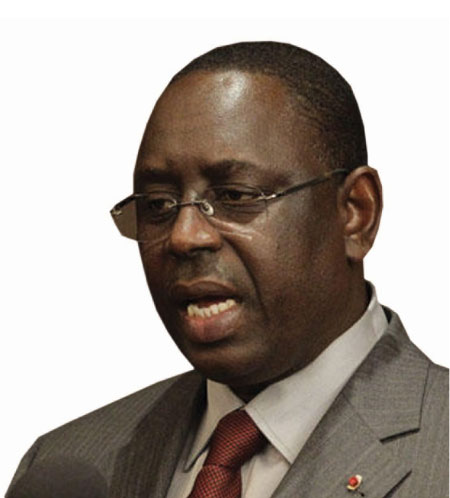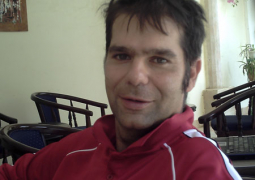
The ex-prime minister won nearly 66 percent in last month’s run-off vote to defeat incumbent Abdoulaye Wade, his former mentor, in a tense election that nevertheless reinforced
But what was hailed as a victory for African democracy was overshadowed days later by a coup in
Sall, 50, ran for a seven-year mandate but has pledged to reduce the presidential term to five years and to stick to an existing two-term limit. It was the move by 85-year-old Wade to seek a third term that sparked street protests leading up to the election in which at least six people died.
Sall joins a new generation of African leaders born after the 1960 wave of independence declarations across the continent, and is one of the few of that number to have first gained power by way of regular elections.
Among his peers are Togo’s Faure Gnassingbe, installed as president in 2005 on his father’s death; Democratic Republic of Congo’s Joseph Kabila, who came to power the same way in 2001; and Madagascar’s Andry Rajoelina, who with army backing declared himself president in 2009 after a political crisis.
Sall has pledged to make tackling poverty a priority, promising to fund cuts to the price of basic necessities such as rice with reductions in the cost of running the government.
Among his other top challenges is to keep


